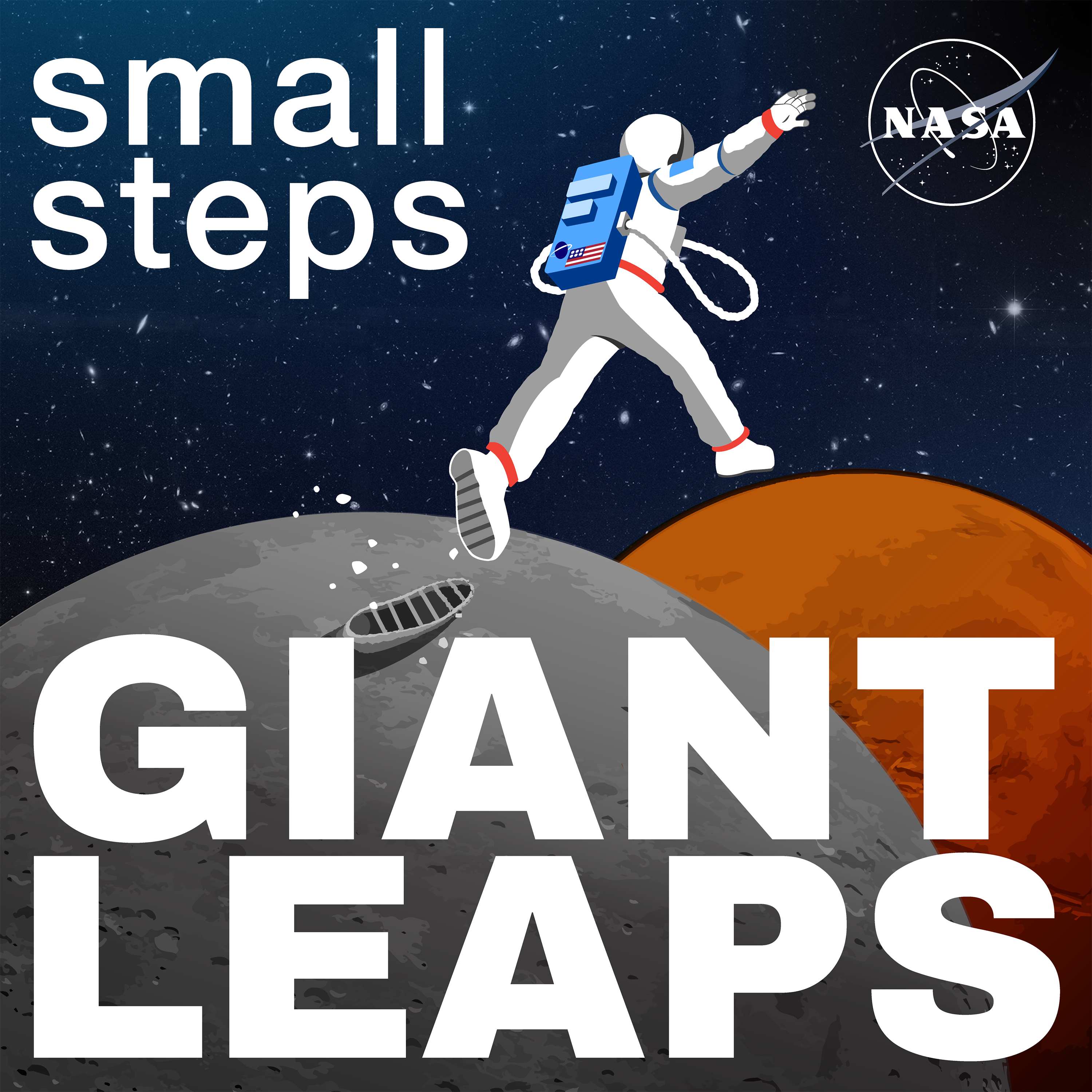NASA’s technical workforce put boots on the Moon, tire tracks on Mars, and the first reusable spacecraft in orbit around the Earth. Learn what’s next as they build missions that redefine the future with amazing discoveries and remarkable innovations.

NASA’s technical workforce put boots on the Moon, tire tracks on Mars, and the first reusable spacecraft in orbit around the Earth. Learn what’s next as they build missions that redefine the future with amazing discoveries and remarkable innovations.
NASA's SPHEREx mission will map 450 million galaxies like we’ve never seen before.
What can the auroras tell us about our planet’s relationship with the Sun? NASA’s EZIE mission looks into it.
NASA's design labs are where engineers develop concepts for missions and scientific instruments.
Flying taxis? NASA is working on it.